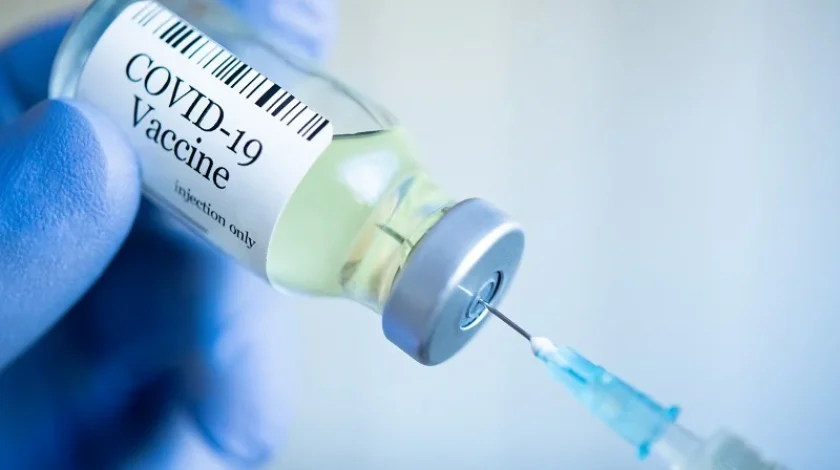We have been receiving calls from people asking if the US is waiving patent rights for COVID-19. The answer is not so simple. Here’s a short explanation as to why.
In the 1990’s, TRIPS (Trade-Related Aspects of Intellectual Property Rights) was introduced to provide for minimum standards of IP by Member States. The US is a member as is Australia and over 100 other countries. It requires (amongst other things) patent protection for new medicines and technologies which would include the COVID-19 vaccines. To assist new Members entering into agreements and taking on the requirements of TRIPS who did not already have domestic IP laws, TRIPS provided a transition period of 10 years which ends in July 2021.
As a consequence of the COVID-19 pandemic, some Member States have sought an extension of time of the transitional period. That itself is not controversial but the period of time to be provided is yet to be clarified and agreed.
Recently President Joe Biden announced the United States would agree to an alternate strategy put forward by South Africa and India (and now supported by others) to assist struggling Member States. He announced the US would agree to a ‘waiver’ of the patent rights within TRIPS that protect the COVID-19 vaccines which is important since the United States initially pushed for the TRIPS protections and there are many affected companies domiciled in the United States. This strategy cannot currently progress because countries including Australia and Europe oppose it but the US about-face gives more credit to the strategy and means there must be more focus on what the waiver would actually entail.
A ‘waiver’ of patent rights for the COVID-19 vaccines, that we are all lining up to receive, may require the waiver to extend to the whole patent family (or families) that stand behind the end product. Some of those patents for example, Oxford’s patent for the vector used to make the Astra Zeneca COVID-19 vaccine, were filed over ten years ago and reflect countless years of research and investment prior to that and can be used for other treatments and therapies. It has been reported there are more than 120 patent families related to the mRNA Pfizer and Moderna COVID19 vaccines. So, it potentially casts a very wide net and captures inventive material that while related to the vaccines are more broadly applicable. The questions being asked by objectors are whether the waiver is intended to extend to the whole family? If so, is that fair? How will those who have invested in and developed the research be properly compensated? Who pays for that? Given that the basis of granting a patent is to reward invention, how do we move forward in keeping with the legislative intention? And then ultimately would all of this have the effect of giving greater access to the vaccines?
The simple answer is no.
Even if the patent rights are waived, there is know-how and technology within countries for phases like scale up that likely do not fall within the patented inventions which would not be passed on, or able to be executed by, smaller companies and countries. For example, Australia has no short-term ability to manufacture mRNA vaccines of the kind provided by Pfizer and Moderna and that would not change if patent rights within TRIPS were ‘waived’.
Many of the pharmaceutical companies have taken steps already to facilitate access through licensing and other commercial mechanisms.
Aside from potential political posturing, what the US position may demonstrate is that our leaders have very little understanding of the practical working of the patent system. What would be more directly effective, and within the control of leaders, is ensuring ease of supply rather than allowing trade blockages and border controls that in fact prevent access to the vaccines.














